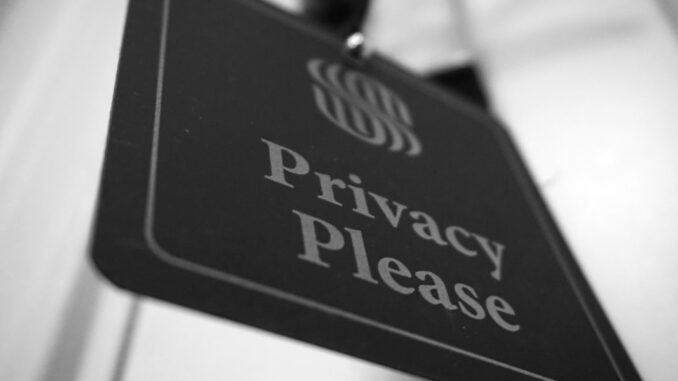
Summary
Seven victims of historical institutional abuse, whose identities were exposed in a 2020 data breach, will receive nearly £200,000 in compensation. This settlement follows a class-action lawsuit against the Interim Advocate’s Office and the Executive Office at Stormont. The data breach occurred when a newsletter mistakenly revealed the identities of around 250 survivors, leading to legal action for breaches of privacy, negligence, and personal injury.
Safeguard patient information with TrueNASs self-healing data technology.
** Main Story**
It’s good to see some justice served, even if it comes after a serious violation of trust. Seven people who suffered the unimaginable – historical institutional abuse – and then had their privacy shattered by a data breach, are finally getting some compensation, nearly £200,000 to be exact. The High Court in Belfast made the announcement, a win after a tough legal fight against the very organizations meant to support them: the Historical Institutional Abuse Interim Advocate’s Office and the Executive Office at Stormont.
The breach? A simple newsletter sent out in May 2020. Except it wasn’t simple at all. It carelessly exposed the identities of around 250 survivors. Can you imagine the fear and retraumatization that must have caused?
The Fallout From The Breach
Brendan McAllister, the Interim Advocate at the time, apologized and tried to recall the email immediately. Understandably, the Information Commissioner was notified. But the damage was done. This sparked one of the biggest class-action lawsuits Northern Ireland has ever seen, with over 80 people suing for privacy breaches, negligence, and personal injury. This specific settlement is for seven of those claims, each person getting between £20,000 and £30,000, plus their legal costs, making it £192,500 in total. While they’re staying anonymous (of course), their solicitor, Claire McKeegan from Phoenix Law, said they feel vindicated. And rightly so.
Healthcare Data Breaches: A Worrying Trend
This whole situation really highlights how vulnerable sensitive data is, particularly in healthcare. Data breaches are a growing problem globally. And these aren’t just minor inconveniences. We’re talking ransomware attacks, phishing scams, insider threats, and weaknesses in those fancy interconnected medical devices. I remember reading about a local hospital that had to shut down its entire system for a week due to ransomware. The impact was huge, with cancelled appointments and delayed treatments.
These breaches don’t just hurt patients by revealing private details; they can actually disrupt services, delay treatments, and, in the worst cases, even lead to fatalities. That’s why this is so serious.
Ransomware: A Real And Present Danger
Ransomware is a massive headache for healthcare. Hackers encrypt your critical data and then demand a ransom to unlock it. And hospitals, under immense pressure to get back up and running, sometimes pay. That said, paying only encourages more attacks! I’ve heard that some hospitals are even keeping cryptocurrency on hand just in case. Seriously, what’s the solution?
The fallout from these attacks? Huge financial losses, damage to reputation, and that disruption to patient care. It’s a really dangerous situation.
Data Protection: Everyone’s Job
Because these breaches are happening more often and are more severe, we need a multi-pronged approach to cybersecurity. We’re talking strong security protocols, regular software updates (those annoying update reminders are actually important!), staff training to spot phishing and social engineering attempts, and really strong partnerships between healthcare providers, government bodies, and cybersecurity experts.
This case is a stark reminder that protecting sensitive data is crucial, and there are serious consequences when that data gets out. And as healthcare increasingly relies on digital tools, keeping data secure has to be a top priority. Thinking about it, healthcare data might be the most valuable data to protect, because it’s not just your name and address at risk, but also your entire medical history. Anyway, that’s my two cents, for what it’s worth. This information is current as of May 27, 2025, but it might change as the legal stuff unfolds or as we learn more.


Be the first to comment